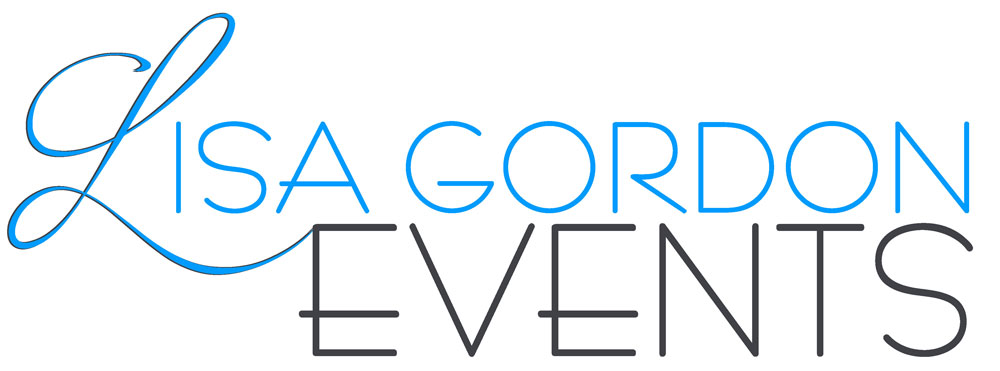
Whose wedding customs are you using? Photo by Danielle Heinson Photography.
All right, I have a tough subject for you today. Let’s talk about cultural appropriation and weddings. Ready?
So, what is cultural appropriation? How is it defined? Everyday Feminism defines it more or less like this:
Cultural appropriation is when a person adopts parts of a culture that is not only not their own, but which also belongs to a group that has been systematically oppressed by their own group.
That includes a whole swath of cultural items, from visual art to hairstyles to music to cultural artifacts to religious practices and beyond. Well known examples are things like a famous white singer adopting a hairstyle that originates with people of African origin, such as cornrows. Or wearing a costume that represents stereotypes about a group of people. If you’re interested in all the different ways that these practices are problematic, I refer you to the Everyday Feminism article linked above.
All right, so what does this have to do with weddings? Well, I’ve seen various cultural practices, almost entirely Native American in origin, used in weddings and wedding receptions by white people who otherwise appear to have no connection to any Native culture.
For example, I worked with an officiant once who began an otherwise standard wedding ceremony between two people who were not of Native origin by smudging the area with burning sage and using what they said was a Native invocation. I’ve seen dream catchers used as reception decor and you can rent a so-called wedding tipi for your outdoor reception. (I won’t give the companies clicks by linking to them, but you can look them up and see what I’m talking about.)
Just for fun, use a search engine to look for things beginning with “Native American wedding….” You’ll find dresses, blessings, traditions, vases, rings, vows, gifts, and so on. Apparently, there’s an entire subsection of the US wedding industry devoted to selling Native American elements of weddings–probably mostly to white people. I have to wonder how much of that money is actually going to Native people. My guess is that it’s a pretty small fraction.
So, should you use elements of another culture in your wedding ceremony or reception? I’m not going to tell you one way or the other, since everyone’s circumstances are different. All I’m going to do is ask you to think about it before you do and make sure that there is no element of exploitation or other harm in your use. That will require research, perhaps some conversations, and a good bit of soul-searching. It’s worth it, though: After all, you’re only planning to get married once, so you might as well do it in such a way that it causes no harm.

Recent Comments